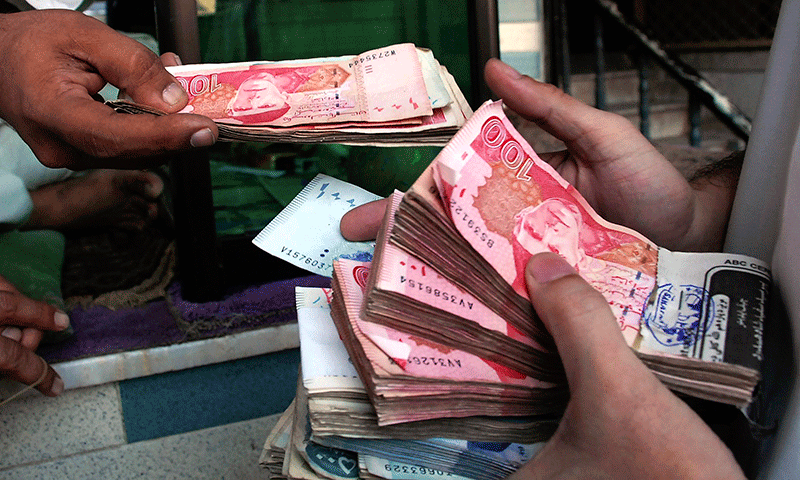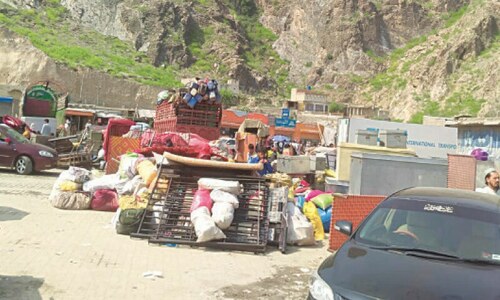ISLAMABAD Chairman National Coordination Council (NCC) Barrister Aitzaz Ahsan on Tuesday rejected the establishment of Darul Qaza in Malakand Division and said the Nizam-i-Adl Regulation was a system parallel and independent of the existing judicial hierarchy.
Talking to reporters here at the Supreme Court Aitzaz Ahsan feared the biggest problem with the Nizam-i-Adl regulation was that it could be replicated by militants active in other areas by citing it a precedence to sign an agreement with the government similar to the regulation through coercive means thus resulting in the loss of more territory to them.
'It is not a well thought out document and even if the president, the parliament or the frontier government had to accept it, they should have ensured stringent conditions that rights guaranteed in the constitution would be honoured at all cost,' Barrister Ahsan deplored.
Elaborating he said Article 247(4) of the Constitution ensured freedom of movement of women, equality of citizens, banning of any armed militia in any area of the country and the writ of the government and the courts established under the constitution to be honoured. But instead of respecting the constitutional guarantees, the Talibans are blowing up schools, destroying hospitals and usurping the fundamental rights of the people even right to life.
Condition in Swat suggest violation of all constitutional guarantees that has obviated the supervisory role of the superior judiciary, Barrister Ahsan feared adding both Fata and Pata were within Pakistan and people living in these areas were also blessed with all the fundamental rights guaranteed under the constitution.
He alleged the judicial void created during the period when former Chief Justice Abdul Hameed Dogar was sitting at the highest pedestal of justice disillusioned the people, thus encouraging the Talibans to expand their influence.
Barrister Ahsan was a bit disappointed with the role of the Parliament and said till now it had failed to come up with the expectations for which the people of Pakistan had elected the parliamentarians.
Though we pray for the strengthening of the institution as the present parliament comprised people of great intellect, we also expect that it would take practical steps through appropriate legislation to put things in the right direction.
He was confident that with the restoration of pre-emergency judiciary and the policies they have devised for the admini stration of justice confidence among the people on the judiciary would be strengthened that would result in creating conducive investment environment in the country.
'As the third pillar (judiciary) is standing now with all its dynamism and vitality, the people will soon see marked improvements in the judicial system,' he said.
He also announced May 12 as a black day but no rallies or boycott would be observed on that day.










































